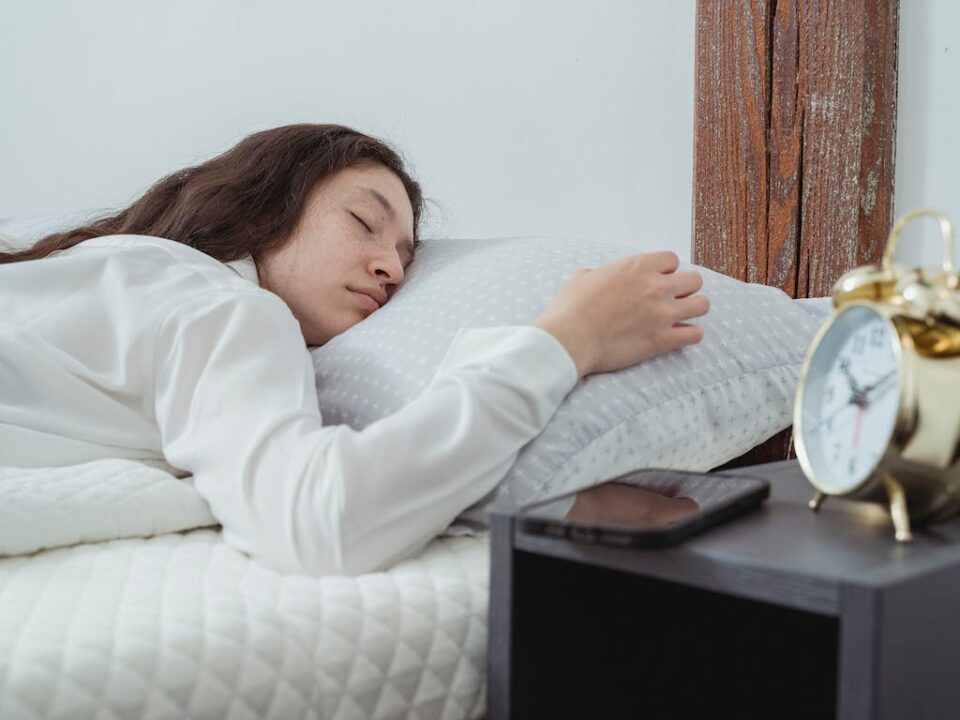In today’s digital age, electronics have become an integral part of our lives, helping us stay connected, entertained, and informed. However, their excessive use, especially at night, can significantly impact our sleep quality. The blue light emitted by screens, stimulating content, and constant notifications can disrupt our circadian rhythms and make it harder to fall asleep. There are ways to enjoy your electronics without sacrificing your sleep. Explore some friendly tips to help you sleep better while using your favorite gadgets.
Set a Screen Curfew
Electronic devices emit blue light that mimics daylight, fooling our brains into thinking it’s daytime. Consider setting a screen curfew at least an hour before bedtime to counteract this. This will allow your body to produce melatonin, a sleep-inducing hormone that prepares you for a restful slumber.
Night Mode Is Your Friend
Many devices now have a “Night Mode” or “Night Shift” feature. This mode reduces the blue light emitted by your screen, making it warmer and easier on the eyes. Enabling this setting can minimize the adverse effects of blue light exposure on your sleep patterns.
Limit Stimulating Content
Late-night Netflix binges or intense video gaming sessions can be engaging, but they also stimulate your brain and make it harder to wind down. Opt for more relaxing activities in the evening, such as reading a book or listening to soothing music, to help your mind transition into sleep mode.
Silence Notifications
Those constant dings and vibrations from notifications can disrupt your sleep even if you don’t fully wake up. To prevent this, consider silencing notifications or placing your phone in another room at night. This way, you won’t be tempted to check your messages when resting.
Use Apps for Better Sleep
Ironically, there are apps designed to help you sleep better. From white noise generators to meditation apps, a wide range of options can help you relax and prepare for a peaceful night’s sleep.
Invest in Blue Light-Blocking Glasses
If you absolutely must use electronics close to bedtime, consider investing in blue light-blocking glasses. These glasses filter out the harmful blue light and can help mitigate its negative impact on your sleep.
Create a Device-Free Zone
Designate your bedroom as a device-free zone. This will help you mentally disconnect from the digital world and create a more peaceful environment that promotes relaxation and sleep.
Get Plenty of Daylight Exposure
Exposure to natural daylight during the day helps regulate circadian rhythms and supports a healthy sleep-wake cycle. Spend time outdoors or near windows to get a healthy dose of sunlight.

